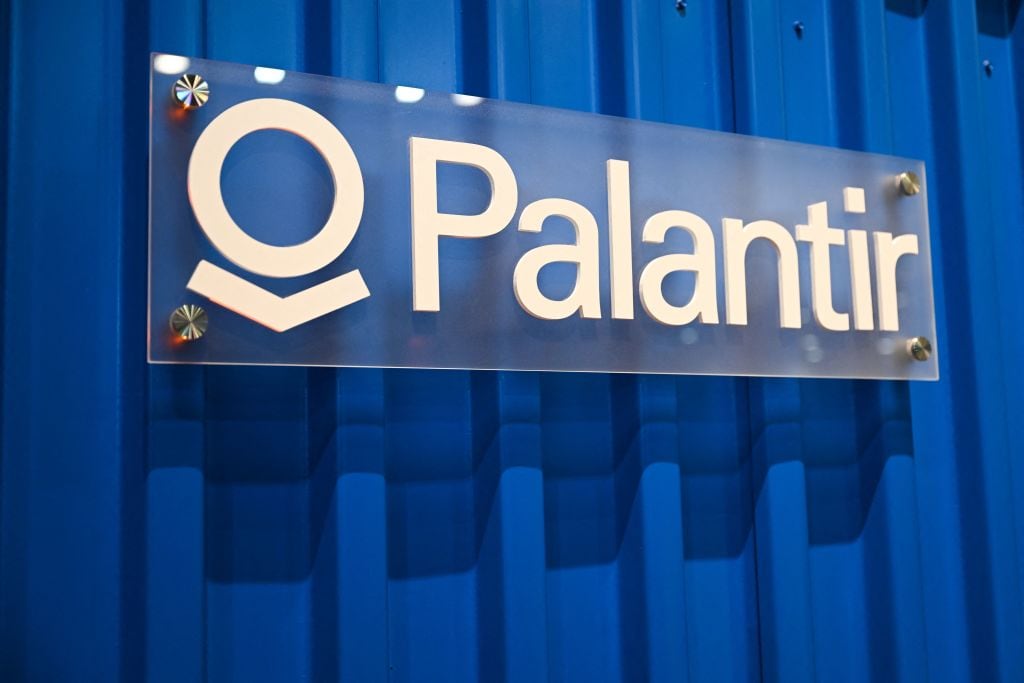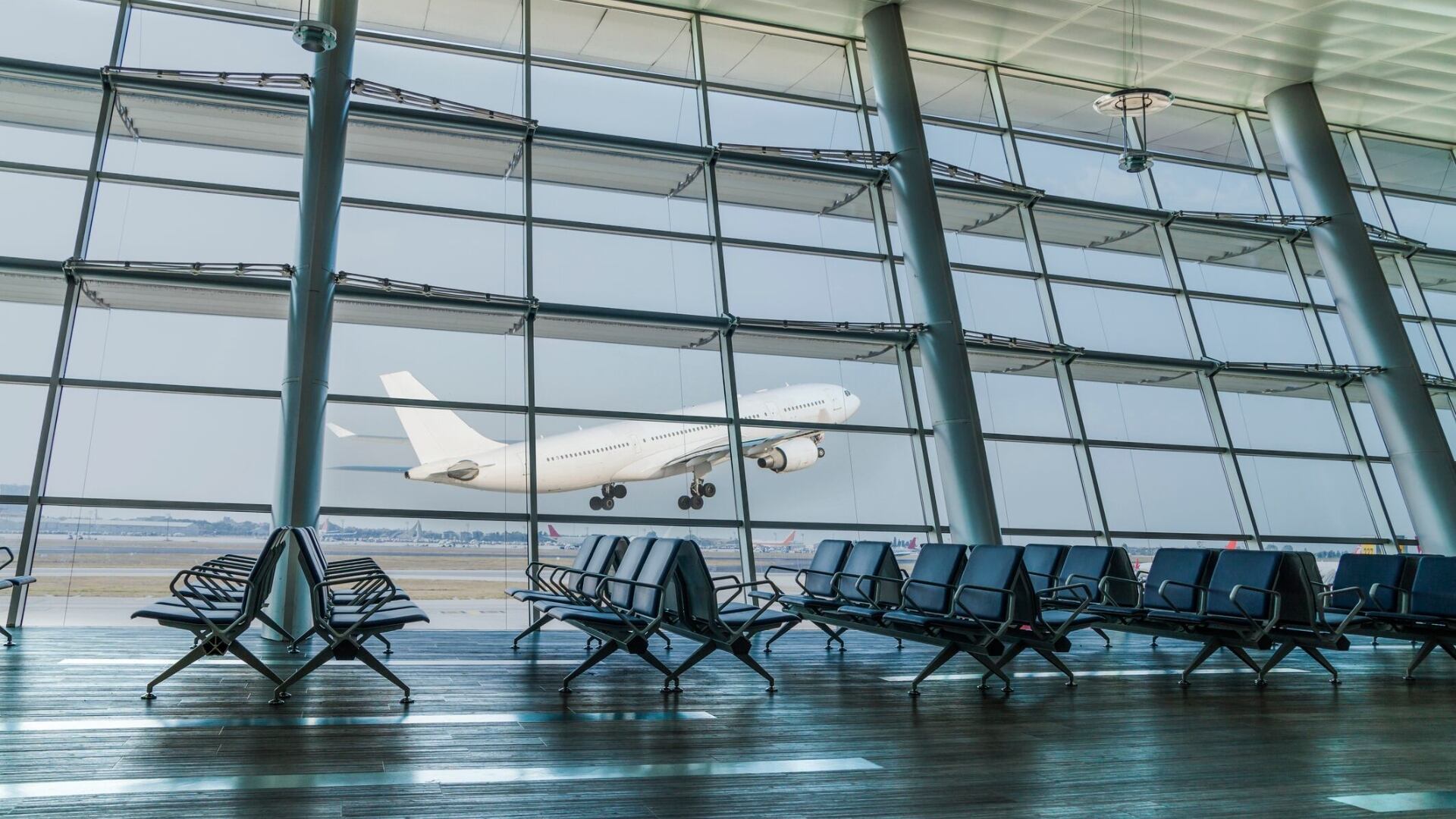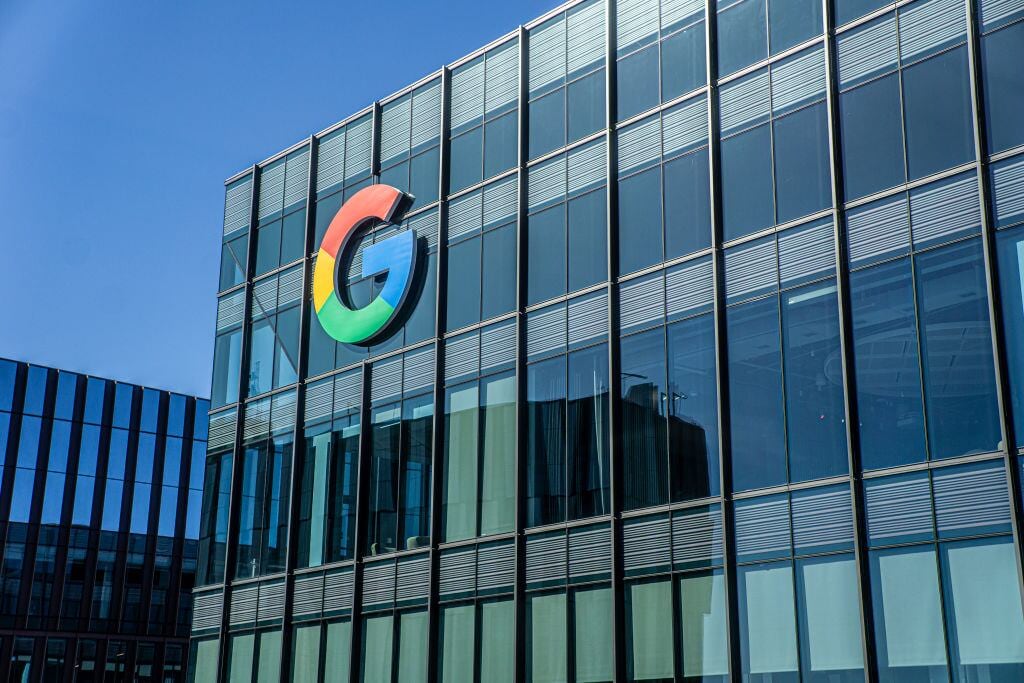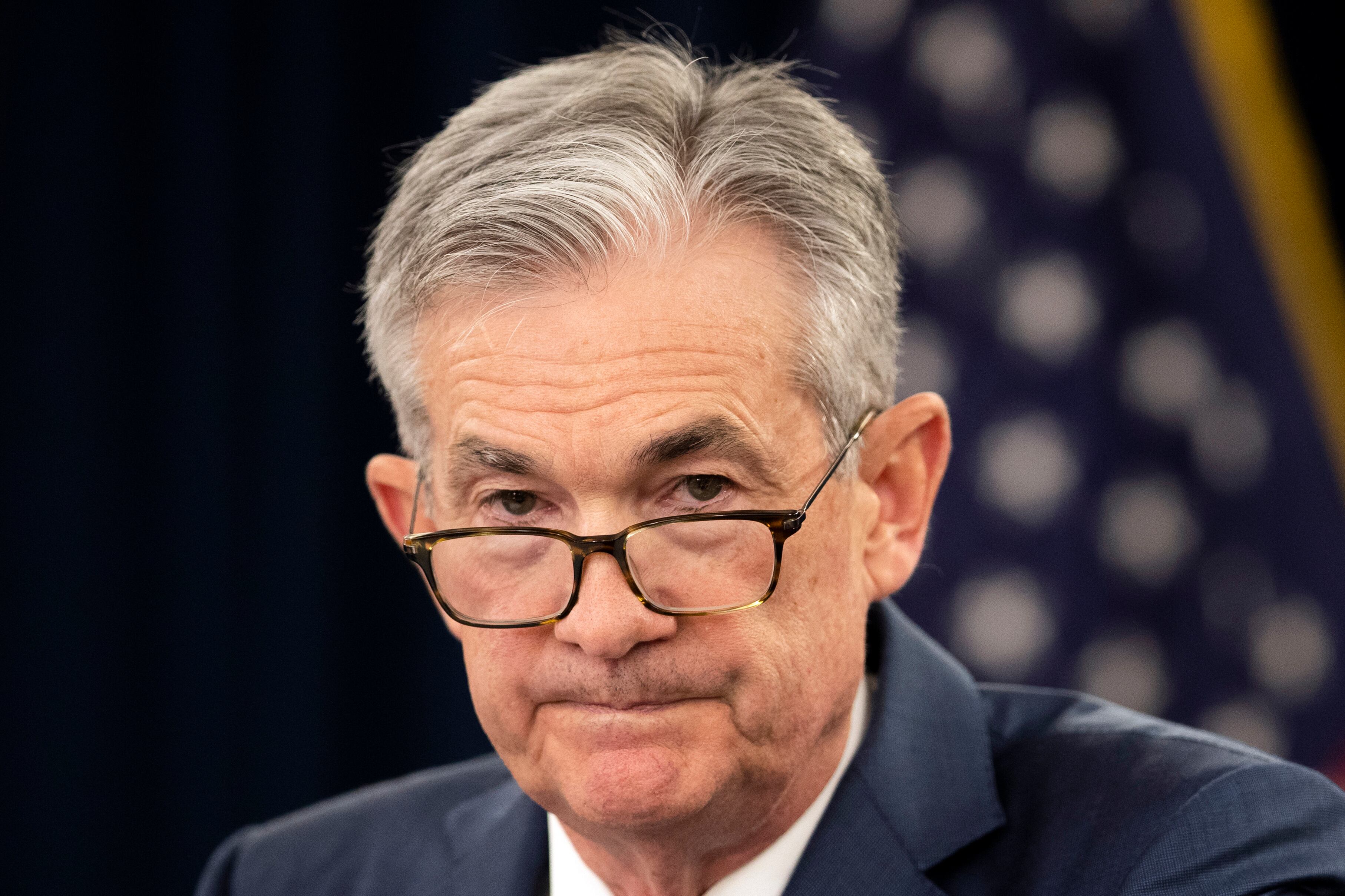Southwest Airlines Co. on Tuesday outlined a plan to strengthen its operational resilience after a winter storm late last year led to widespread cancellations and delays.
"We understand the root causes that led to the holiday disruption, and we're validating our internal review with the third-party assessment. Now, we expect to mitigate the risk of an event of this magnitude ever happening again," said CEO Bob Jordan. "Work is well underway implementing action items to prepare for next winter—with some items already completed."
The three-part plan comes after an internal review conducted with aviation consultancy Oliver Wyman. The effort will supplement an existing five-year modernization plan that began in 2022 and has already put aside $1.3 billion for new software and information technology.
In addition, the airline will purchase more winter equipment and vehicles, such as de-icing trucks for runways and engine covers and heaters for cold weather operations. It also plans to increase staffing around the winter season and increase cross-team collaboration.
"I'm confident in our path forward and truly believe our best days are ahead," said Andrew Watterson, chief operating officer for Southwest Airlines.
The airline said it will share more details from its internal review in the coming weeks.












